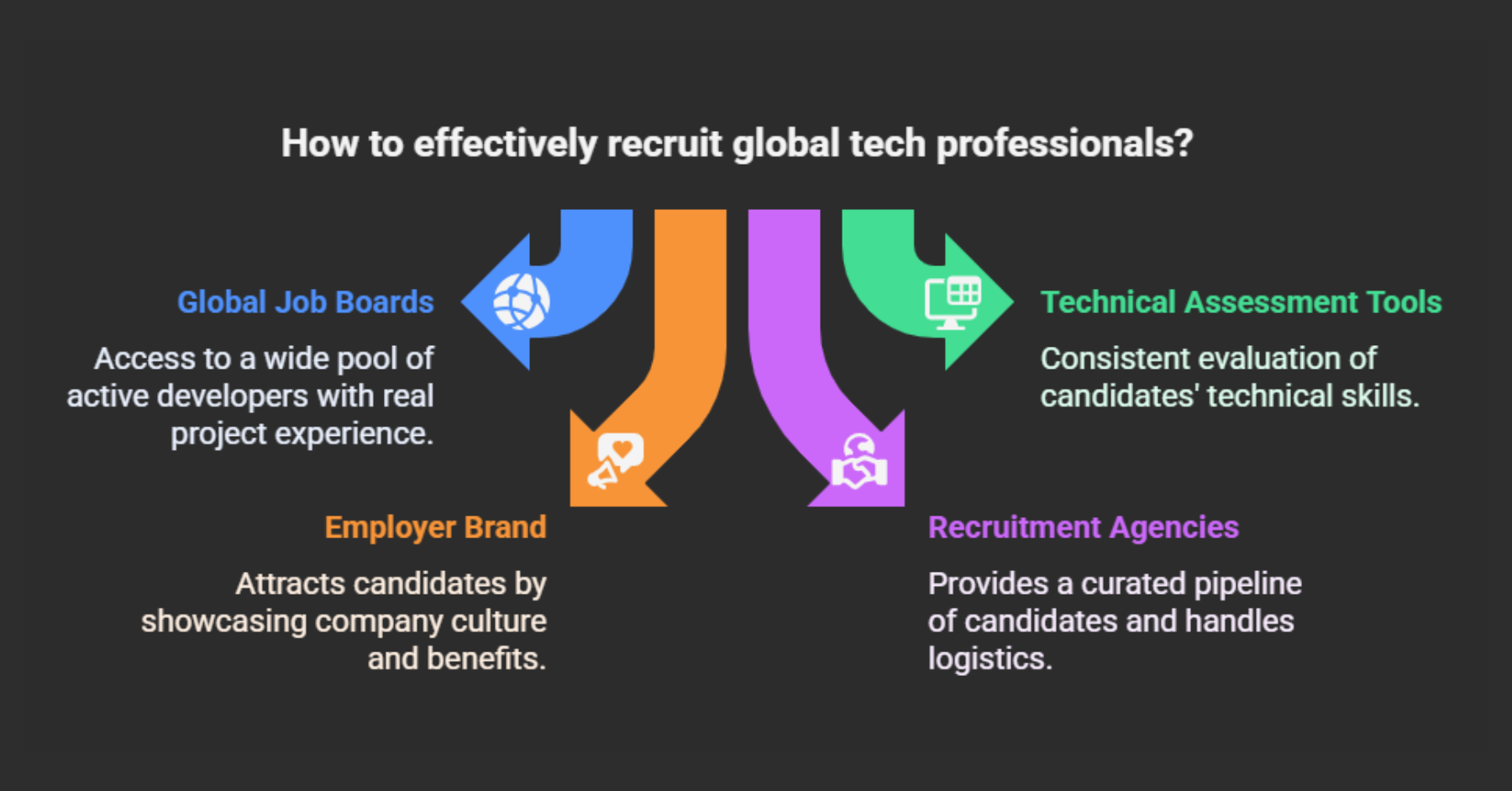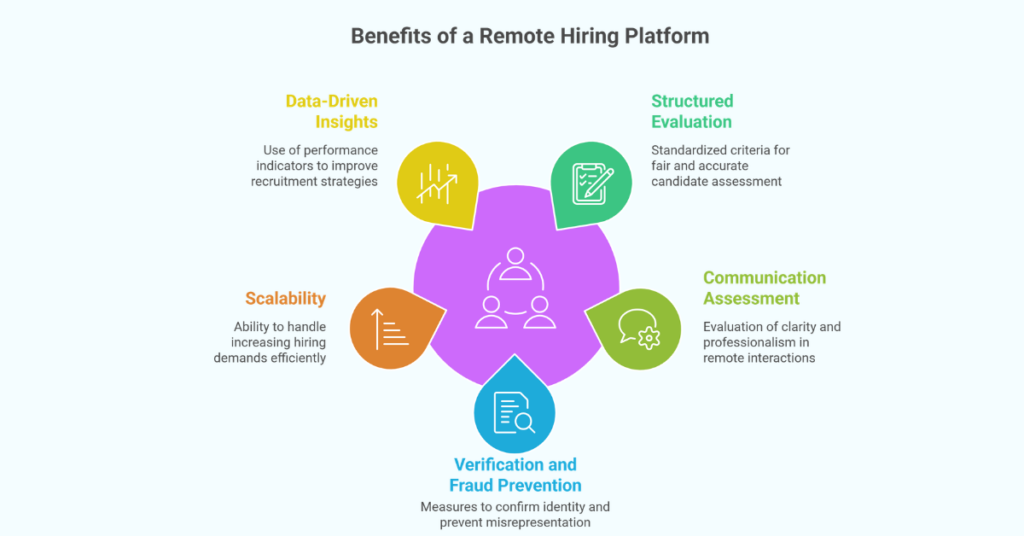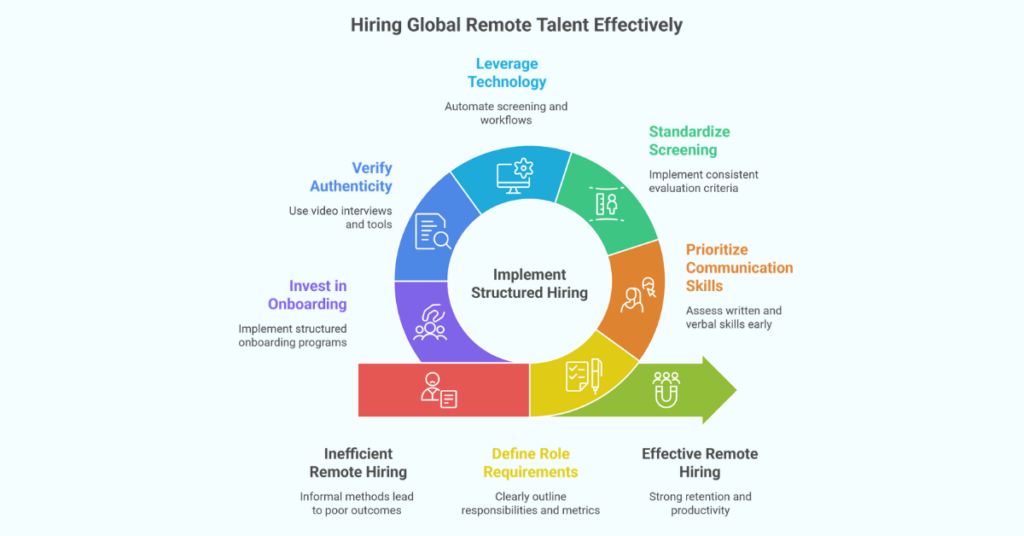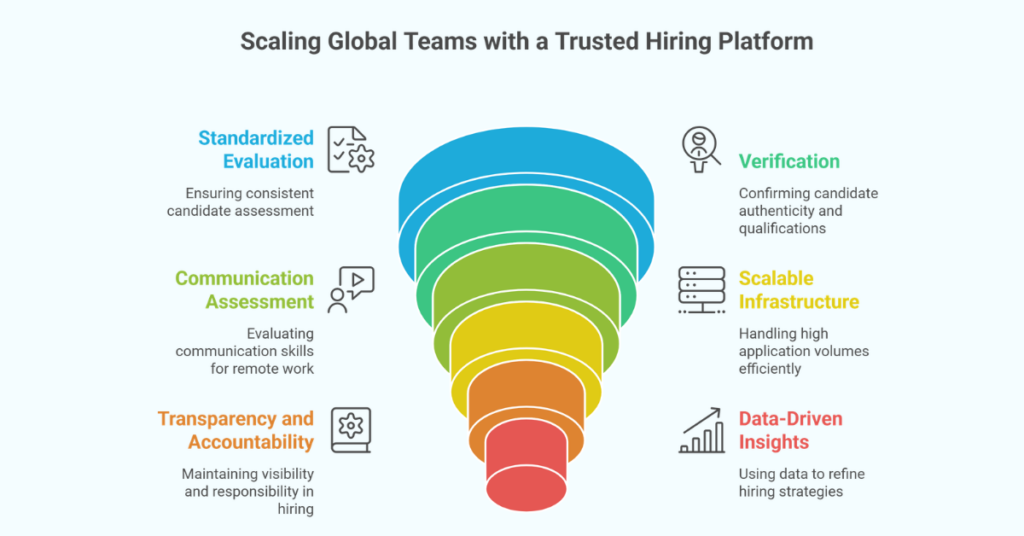“Global hiring solutions for tech companies unlock access to a borderless talent pool, helping teams scale faster and innovate smarter.”
As the demand for specialized tech skills grows, tech companies face an increasingly competitive hiring landscape. Local talent pools are becoming saturated and expensive, prompting companies to look beyond borders for top-tier developers, engineers, and IT professionals. Global hiring solutions for tech companies offer a strategic way to access skilled candidates across continents, enabling businesses to scale faster, reduce costs, and drive innovation without compromising quality.
Global recruitment opens up new opportunities but also introduces challenges such as time zone coordination, legal compliance, and protecting intellectual property. Companies must navigate different employment laws, tax systems, and cultural nuances while ensuring seamless collaboration across remote teams. However, with the right hiring strategies, tools, and partners, tech companies can build high-performing global teams that rival or even outperform local ones.
This article explores the most effective global hiring solutions for tech companies, from sourcing talent to onboarding and managing international employees. Whether you’re a startup building your first distributed team or an enterprise expanding globally, these insights will help you hire smarter, faster, and more compliantly in today’s remote-first world.
1. Opportunities and Challenges of Hiring Tech Talent Globally
Global hiring offers game-changing benefits, but it’s important to be prepared for the complexities.
1. Access to a Broader Talent Pool
Hiring globally allows companies to tap into a vast network of highly skilled tech professionals, especially in regions with growing developer communities like Eastern Europe, South Asia, and Latin America. This improves the chances of finding the right fit for specialized roles quickly.
2. Cost-Efficiency and Scalability
Hiring international tech talent can significantly reduce labor costs while still accessing top-quality candidates. Companies can scale up development teams without compromising budgets or productivity.
3. Time Zone Differences and Team Coordination
Distributed teams often operate across multiple time zones, which can hinder real-time collaboration. Companies need to establish asynchronous communication processes and overlapping hours to maximize productivity.
4. Legal and Compliance Risks
Navigating labor laws, tax regulations, and contractor classifications across different countries is complex. Misclassifying employees or failing to meet compliance requirements can result in penalties.
5. Cultural and Communication Gaps
Working with global teams requires cross-cultural awareness and clear communication practices. Building a strong remote culture helps align expectations and promotes collaboration.
2. How to Source and Recruit Global Tech Professionals
Successful global recruitment starts with strategy, structure, and the right sourcing channels.
1. Leverage Global Job Boards and Developer Communities
Platforms like GitHub, Stack Overflow, and regional job boards help source developers actively contributing to the tech community. These channels often yield high-quality applicants with real project experience.
2. Use Technical Assessment Tools
Implement coding tests and skills assessments to evaluate candidates consistently, regardless of location. Platforms like HackerRank and Codility help identify top technical talent through real-world challenges.
3. Build a Compelling Employer Brand
Remote candidates want to work for companies that value flexibility and culture. Promote your tech stack, team dynamics, and benefits on social media and your career page to attract top-tier global candidates.
4. Partner with Global Recruitment Agencies
Specialized agencies understand local markets and can provide a curated pipeline of candidates faster. They also help handle logistics like contracts and onboarding.
5. Prioritize Soft Skills and Remote Readiness
In addition to technical abilities, assess communication, self-motivation, and time management—traits essential for remote tech professionals. Video interviews and trial projects help gauge these qualities effectively.
3. Tools and Platforms That Enable Global Tech Hiring
Technology makes managing international hiring seamless when you use the right stack.
1. Applicant Tracking Systems (ATS)
Tools like Greenhouse and Lever allow centralized tracking of candidates across roles and regions, ensuring consistent and organized recruitment workflows.
2. Global Payroll and Compliance Platforms
Platforms like Deel, Remote, and Oyster help tech companies handle global payroll, contracts, and compliance with local labor laws—reducing legal risk and HR overhead.
3. Communication and Collaboration Tools
Tools like Slack, Zoom, and Notion keep teams connected and aligned across time zones. Clear documentation and communication protocols are essential for remote success.
4. Cloud-Based Code Repositories and DevOps
Using tools like GitHub, GitLab, and CI/CD pipelines ensures secure, streamlined development and deployment workflows across distributed teams.
5. Video Interviewing and Asynchronous Screening
Video interviews allow recruiters to assess personality, English proficiency, and communication. Asynchronous video tools like Spark Hire add flexibility to the hiring process.
4. Protecting Intellectual Property in Global Hiring
Intellectual property protection is critical when hiring developers and engineers internationally.
1. Use Legally Binding Contracts
Every remote hire should sign contracts outlining confidentiality, IP ownership, and non-compete clauses. Tailor these based on the country’s legal requirements.
2. Work with Legal Advisors or EORs
Employers of Record (EORs) help ensure legal hiring while maintaining full IP protection. They manage contracts and payroll on your behalf in foreign jurisdictions.
3. Centralize Code Repositories
Host all code in secure, company-controlled repositories to retain full ownership and control. Grant limited access only when necessary.
4. Limit Access Based on Roles
Use role-based access control (RBAC) to restrict sensitive systems, files, and data to only those who need it. This reduces the risk of IP leaks or misuse.
5. Conduct Regular Security Audits
Assess cybersecurity protocols and conduct audits of all development environments. Ensure contractors or employees are following best practices to safeguard proprietary assets.
A Simple Guide to Global Hiring Solutions for Tech Companies
Here’s a simplified breakdown of global hiring for tech companies:
-
What is Global Hiring?
The process of sourcing, hiring, and managing talent from different countries to work remotely or across international locations. -
Why Should Tech Companies Hire Globally?
Access to a larger, more affordable talent pool, increased speed to hire, and a diverse workforce that drives innovation. -
How to Hire Tech Talent Globally?
Use global job boards, assessment tools, and EOR services. Establish strong communication tools and legal protections. -
Importance of IP Protection:
Contracts, centralized code storage, and restricted access help safeguard your company’s intellectual property. -
Benefits of Hiring Globally:
-
Cost-effective scaling
-
24/7 productivity through time zone distribution
-
Access to specialized, hard-to-find skills
-
Solutions Provided by Remote Recruit
Remote Recruit is purpose-built to help tech companies build agile, compliant, and high-performing global teams.
For employers, Remote Recruit offers AI-driven sourcing, pre-screening, and candidate scoring to help you find the best tech talent across borders. Whether you’re hiring software developers, data engineers, or DevOps specialists, our global network and recruitment experts provide fast, reliable placements. The platform supports seamless onboarding, ensures compliance with local labor laws, and helps manage contracts that protect your company’s IP.
For tech professionals, Remote Recruit provides personalized job matching, resume tips, and interview preparation for global opportunities. Developers and engineers can showcase their skills through portfolios and video resumes, helping them stand out to global employers.
With Remote Recruit, you get more than just candidates—you get long-term partners in building scalable global tech teams.
Conclusion
Global hiring solutions for tech companies are no longer optional—they’re a competitive advantage. In today’s fast-paced, digitally connected world, the ability to build remote-first teams allows companies to innovate faster, reduce overhead, and gain access to world-class talent regardless of location.
Yet, hiring globally comes with its own set of complexities—compliance, communication, and culture must all be managed strategically. With the right platforms, legal support, and talent acquisition strategies, tech companies can overcome these hurdles and create high-performing distributed teams.
Remote Recruit is here to simplify that process—helping you connect with elite global talent while ensuring compliance, security, and efficiency. The future of tech hiring is borderless—embrace it with confidence.
Start building your global tech dream team today—sign up on Remote Recruit and connect with world-class talent without limits.
Frequently Asked Questions (FAQs)
1. What are global hiring solutions for tech companies?
They are strategies and tools used to hire, manage, and retain remote tech talent from different countries efficiently and compliantly.
2. Why should tech companies consider hiring internationally?
Hiring globally provides access to a larger talent pool, reduces labor costs, and enables companies to scale development faster.
3. What tools help with global tech hiring?
Applicant tracking systems, global payroll platforms, and code collaboration tools like GitHub help manage distributed teams seamlessly.
4. How can tech companies protect intellectual property when hiring globally?
Use legally binding contracts, centralized code repositories, role-based access controls, and conduct regular audits.
5. How does Remote Recruit support global tech hiring?
Remote Recruit offers end-to-end recruitment support, from sourcing and screening to compliance, onboarding, and IP-safe hiring structures.
